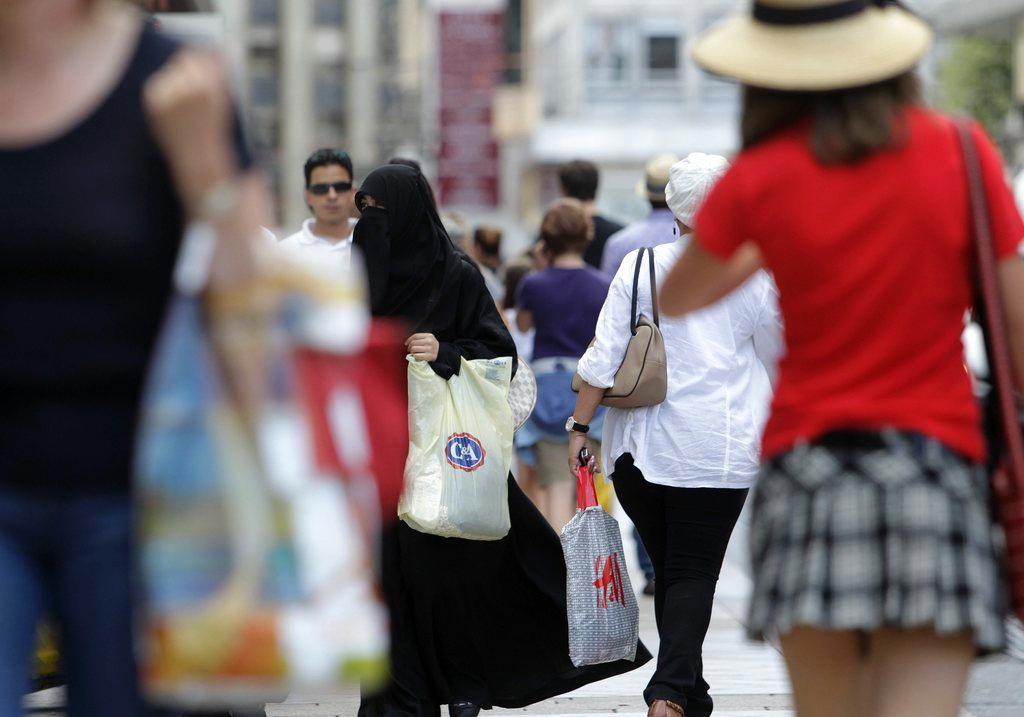One step closer to local burka ban

A local ban on covering your face in public has moved one step closer to becoming law in southern Switzerland. The move would effectively outlaw burkas and niqabs.
In September 2013, voters in the Italian-speaking canton of Ticino approved a proposal to what’s been dubbed a “burka ban”. The parliament there gave the new law the green light on Monday.
The ban has been problematic to implement however. Parliament has now agreed to create different laws that separate the regulation of burkas and niqabs from full-face helmets or face scarves worn at demonstrations or sporting events. The law on burkas and niqabs also includes provisions aimed at promoting integration and social interaction.
Violation of the potential new law on face-coverings could incur a fine of CHF100 – 10,000 ($98 – $9,819).
The tourism industry in Ticino has been fearful of the repercussions on their business. There will be no exceptions made for visitors to the area, but people will be informed of the ban at the airport or at customs points. The hope is to prevent an unpleasant surprise for those who wear full-face veils upon arrival in Ticino.
The local government still has to schedule when the law will come into force. Symptomatic of the difficulties of bringing the law into practice, a parliamentary motion calling for a set date for this to happen was turned down.
Nationwide
The law on banning burkas and niqabs took inspiration from the political right in France. The European Court of Human Rights confirmed the French “burka ban” was legal in July 2014.
In Switzerland, the concept has also attracted a lot of attention, some criticism and some praise. The Swiss cabinet deemed the ban in Ticino to be compliant with law, despite judging it to be largely unnecessary due to the small number of people who cover their faces for religious reasons in Switzerland.
A group of rightwing politicians in Switzerland are currently campaigning for a public vote on a national ban on burkas and niqabs.

In compliance with the JTI standards
More: SWI swissinfo.ch certified by the Journalism Trust Initiative












You can find an overview of ongoing debates with our journalists here . Please join us!
If you want to start a conversation about a topic raised in this article or want to report factual errors, email us at english@swissinfo.ch.